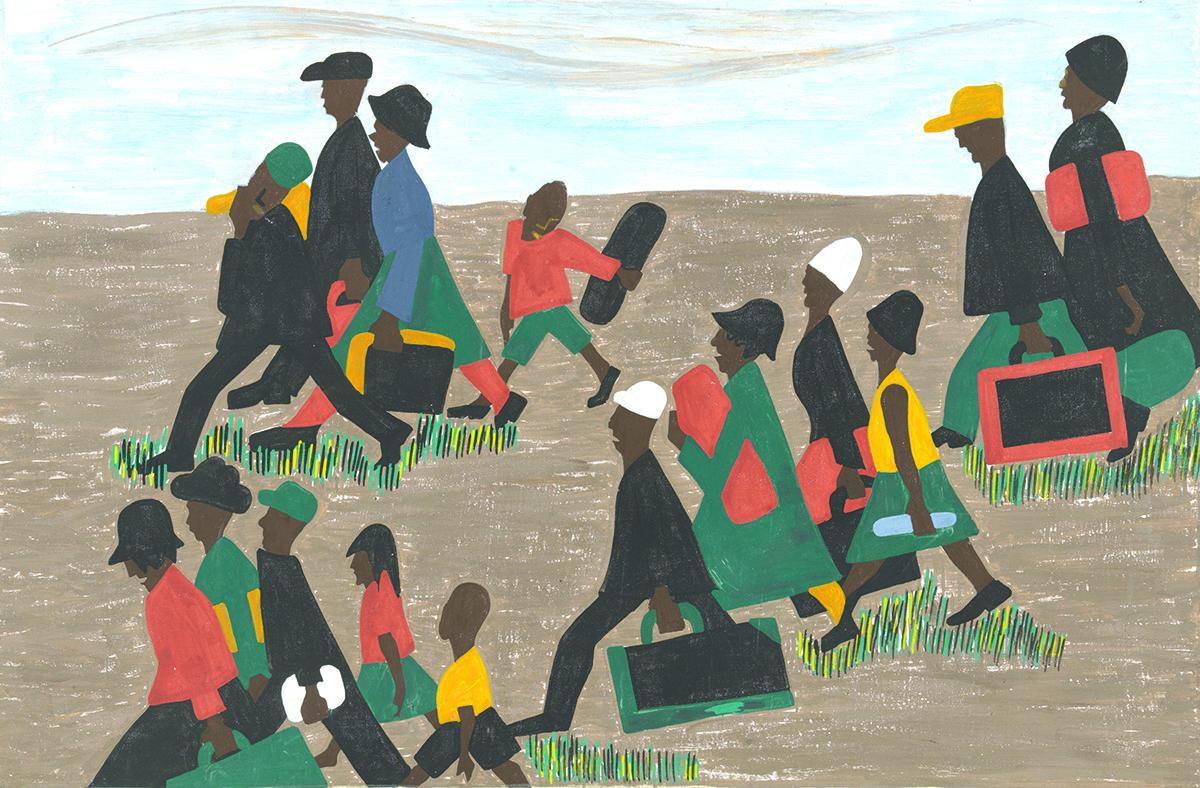In a study released a few years ago on black mental health by the Rand Corp. A realization was made showing that black Californians were more likely to experience mental health problems than other ethnic groups and were even less likely to have access to the care they need. The study showed a connection between untreated mental health problems and multiple absences from work, which can take an economic toll on individuals and families in the form of lost pay and even lost jobs. That dynamic was shown to disproportionately affect communities of color much more than white communities.“This could have important repercussions for black Californians’ ability to earn income and stay employed in the face of mental health problems,” said Nicole Eberhart, a senior behavioral scientist at Rand who was lead author of the study. Eberhart went on to state that what she found most surprising in her data was that mental health problems were causing 12 percent of blacks in California to miss four or more days of work per year. That compares with 6.1 percent for Asians, 7.9 percent for whites and 9.4 percent for Latinos.
The report reveals that blacks are three times as likely as Asians and nearly twice as likely as whites to suffer from severe psychological distress and goes on to note disparities based on gender. According to Janette Robinson Flint, executive director of Black Women for Wellness, this is a particular challenge for African-American women because “there is a great deal of stigma, of guilt and shame surrounding mental health, and also women are dealing with the requirement to be resilient, like Superwoman”. What’s more is that she noted that discrimination, along with the direct or indirect consequences of violent crime, can lead to depression, anxiety and heightened psychological stress, especially in the black community.
Maintaining one’s mental health is a necessity for a person to reach their maximum potential and be the best version of themselves. With disproportionate access to needs such as these, black communities will continue to face major obstacles. These obstacles will only serve as hindrance unless a better representation of their needs is achieved as well.

Mental health is already a touchy subject and very taboo. I agree that it is very stigmatized for African Americans. African Americans have the added pressure of having to appear tough like nothing effects them including stress, depression etc. African American women as previously stated, feel this effect twice. Women are already stereotyped as the weaker sex and African American woman also carry the stereotypes of being Black. So, they feel the effects even more. There needs to be more advocacy and educating on mental health in the African American community. They have to realize that people will understand and that mental health is just as important as other forms of health and seeing a therapist is perfectly normal.